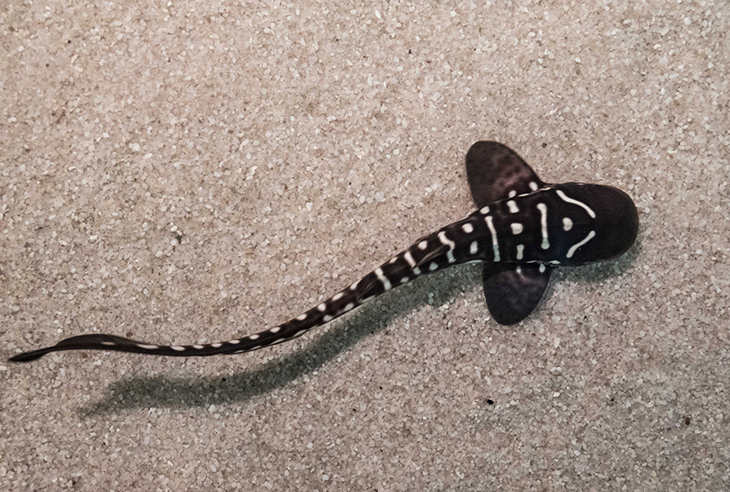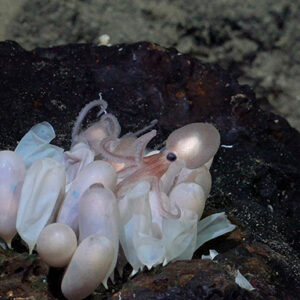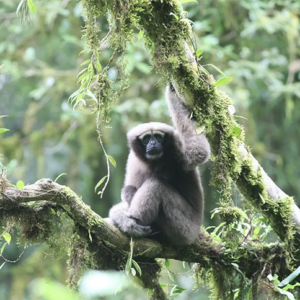
Sharks are often feared creatures that people stay away from at all cost. When they hear the word shark, they immediately think about predators attacking ocean prey who deserve to live. However, that’s not always the case.
Sharks play a crucial role in the ocean’s ecosystem. They are there to maintain the balance that is crucial to Mother Nature. This is why groups have banded together to make sure that these once-feared creatures also get the protection they deserve.
Just right outside the wilds of Indonesia, zebra sharks have been considered to be extremely rare creatures. That’s because they have been overhunted. Men have been cruel to these striped bottom dwellers that are now on the verge of becoming extinct. The future looks bleak for them, had it not been for those who helped.
With the help of an international consortium of 44 aquariums in 15 countries that have opted to collaborate just so they are able to create a huge captive-breeding-and-release program whose main goal is to reintroduce a total of 500 sharks back to their native waters.
This kind of an effort has is the first ever of its kind. No one has attempted to do this in the past, and rewilding is typically reserved for mammals and other terrestrial species that have already been reported in several news and websites.
There have been ongoing protections of sharks and rays around Raja Ampat in Indonesia. This area is one of the richest tropical marine environments in the world. In fact, groups have already allowed populations of these ancient creatures to multiply and thrive.
Until now, these beautiful zebra shark haven’t benefited from their efforts, at least in Raja Ampat, just yet. More importantly, oceans are also difficult places to rewild. In fact, aside from it being daunting, it’s nearly impossible to control territories, limit the comings and goings, and monitor the threats happening constantly.
Recently, the aquarium team called ReShark were able to release their first eggs into the waters of Raja Ampat. The area is 90 miles from the nearest town and is surrounded by limestone pinnacles that are found to rest on top of the breathtaking turquoise waters.
“It’s such a milestone,” Nesha Ichida said. She is an Indonesian marine scientist who has devoted much of her time to help and manage work for ReShark. She recently spoke to Nat Geo. “This is such a hopeful, momentous moment.”
Most sharks give birth to live young, but because the zebra shark lays eggs, that look like strange, gnarled, tree nut casings, they are much easier to breed in captivity for the aim of reintroduction.
“Conservation groups, local communities, local government, and the large public aquaria together in a coalition that has never really happened before, the potential is really amazing,” said Dr. Mark Erdmann, the Vice President of Asia Pacific Marine Programs for Conservation International.
“And obviously we’re going to recover zebra sharks in Raja Ampat, but this is just the start I mean the potential to do this with other endangered shark and ray species all around the world is immense.”
What are your thoughts? Please comment below and share this news!
True Activist / Report a typo


